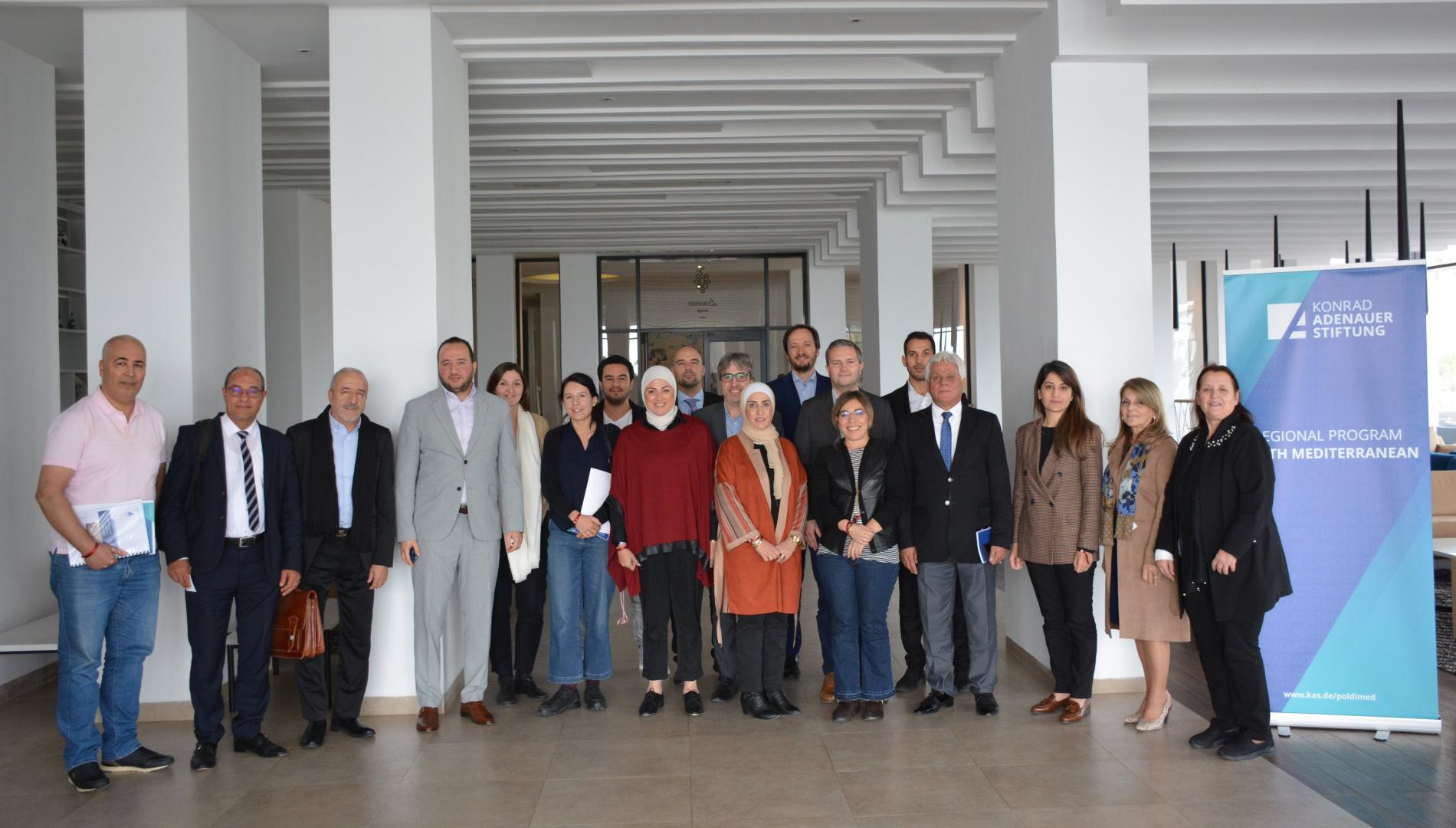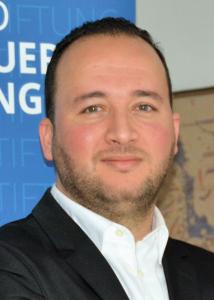In a worldwide context characterized by severe climate change pressures, high inflation rates and a disruption in food and energy markets, Mediterranean municipalities, largely dependent on imports, are in an urgent need to develop comprehensive strategies to enhance food, energy and water resilience. Over four insightful and thought-engaging panels, the event succeeded in being a platform of exchange between Mediterranean municipalities and international institutions to discuss local and international initiatives to promote sustainable urban food systems.
The first panel shed light on the interlinkage between water, energy and agrifood, especially in the Mediterranean region. Thus, the panelists highlighted the need for transformation towards sustainable food systems that embrace a nexus approach, moving from a disarticulated sectoral approach to a more integrated and well-oiled resource management and sustainable use. In this regard, several main challenges facing Mediterranean municipalities were brought to the fore namely, the lack of financial and technical capacities, the lack of data and the need to institutionalize resilience policy-making.
The second panel provided an opportunity for the participants to dig deeper into resilient urban food policies, with a particular focus on the city of Milan and the Milan Urban Food Policy Pact. Being an internationally recognized tool, the pact and its framework for action represent a unique platform to support coordinated food policies and foster rural-urban linkages through a variety of interventions in areas of governance or action such as food waste management and adequate access to healthy food, water and energy. In this vein, the case of Nairobi was shrewdly featured illustrating its successful and inspiring achievements under the Milan Urban Food Policy Pact.
The third panel provided a platform where mayors and experts shared their different experiences regarding urban resilience, with a clear emphasis on the food-water-energy nexus. Therefore, a number of local projects were displayed highlighting innovative initiatives in composting, food waste management, database collection, desert, and urban agriculture, and sullage recycling. Moreover, panelists pinpointed the importance of local NGOs and startups as well as the role of education in raising environmental and sustainability awareness. Besides, the closing presentation of the panel headlined the necessity to move from crisis and disaster response to system-based thinking giving concrete tools to local governments to come up with their own initiatives and obtain assistance.
During the final panel, participants initiated a debate on their cities’ specific challenges and the intriguing solutions to enhance energy transition, water sustainability, and agrifood governance. Participating mayors from Jordan, Lebanon, Tunisia, Algeria, and Morocco unveiled their action plans and strategies with a particular focus on the different existing obstacles such as the lack of funding and infrastructure, data unavailability, and the requirement for a strong governmental political will to drive inter-sectoral engagement. Sustainability and resilience cannot be achieved without a multidimensional and cross-disciplinary approach illustrating efficient coordination between the national and local levels. Moreover, participants underlined the necessity to involve women, youth, national and international organizations, and a wide range of stakeholders to foster partnerships and sustainable innovations.




